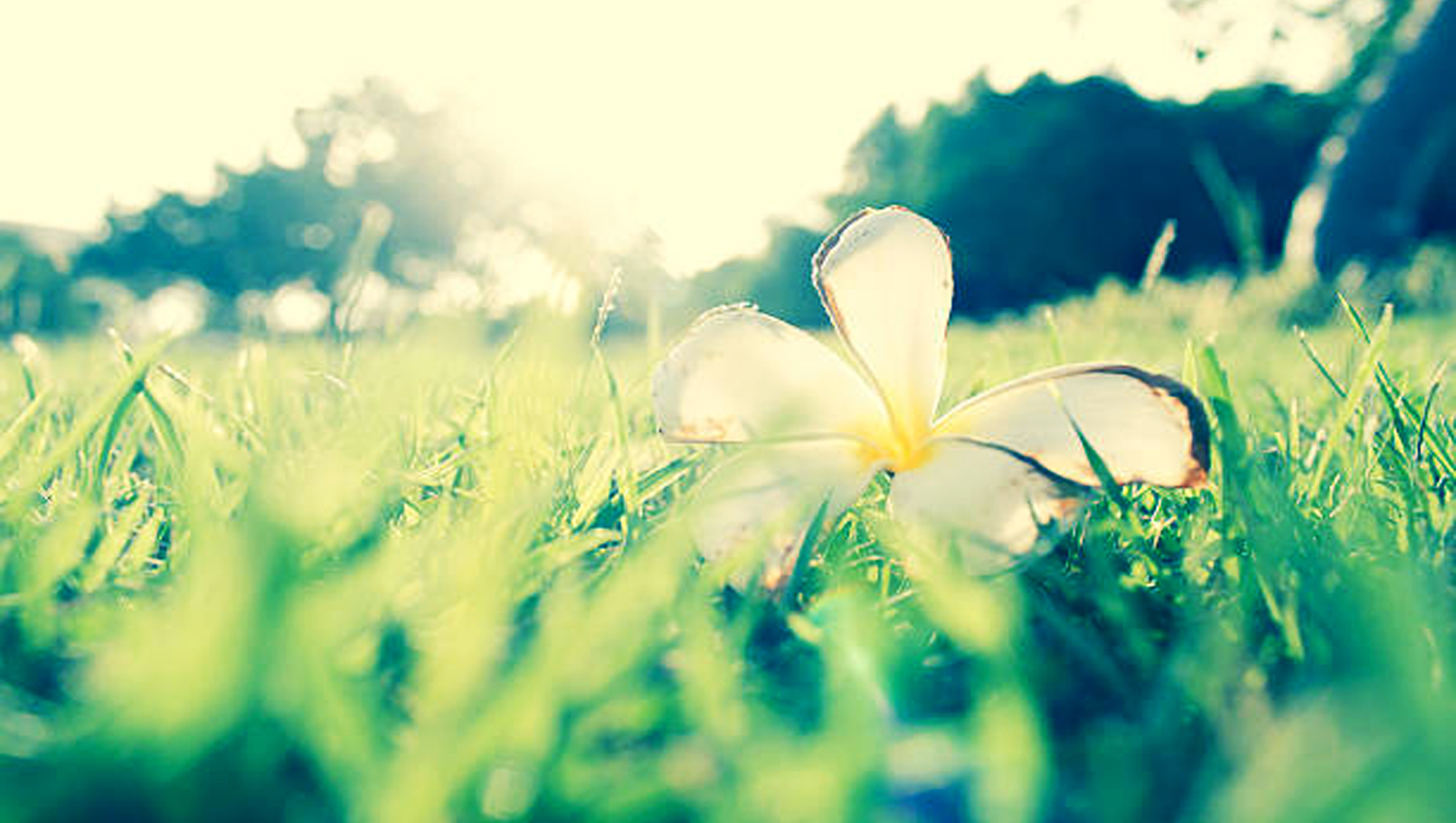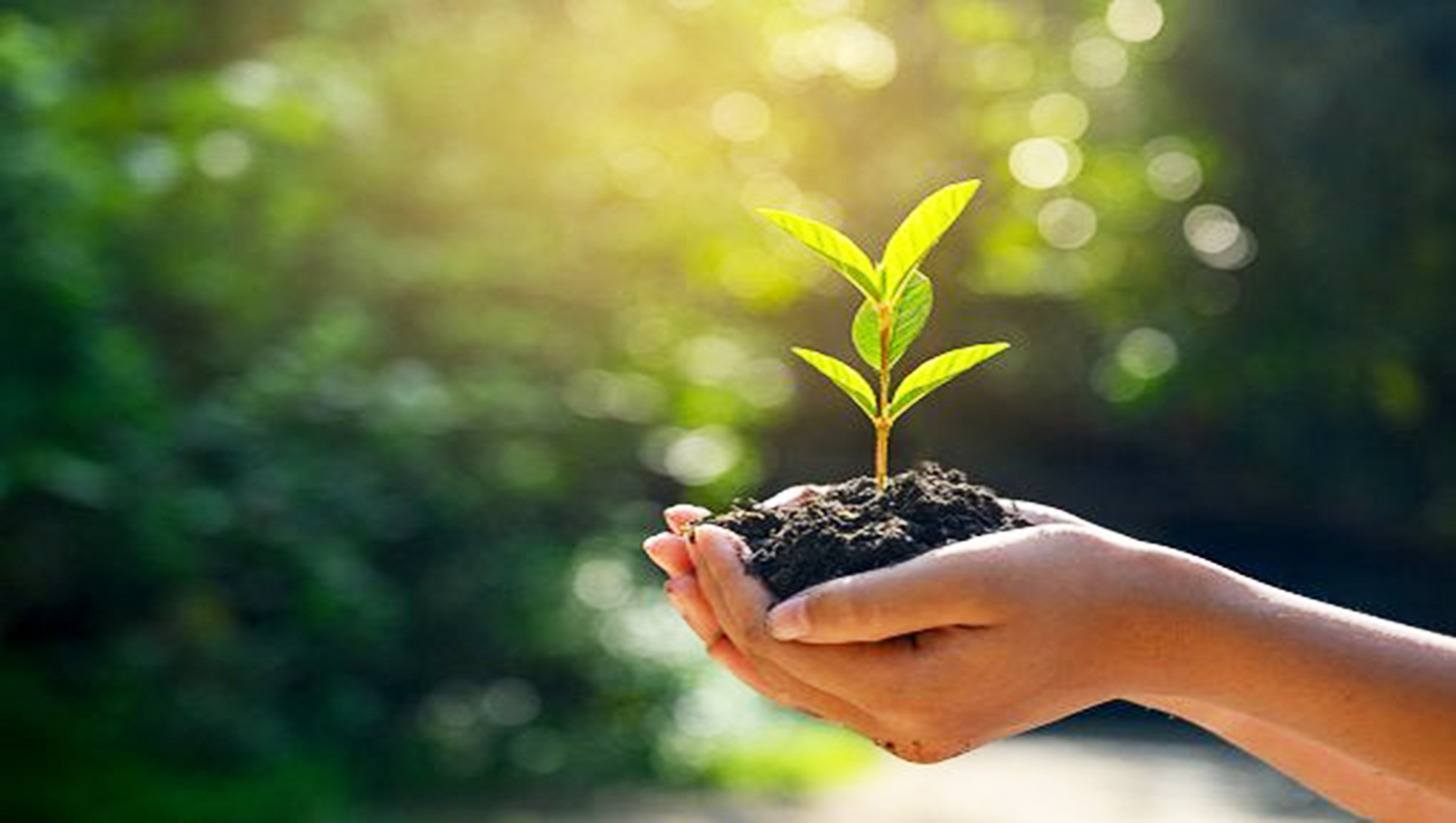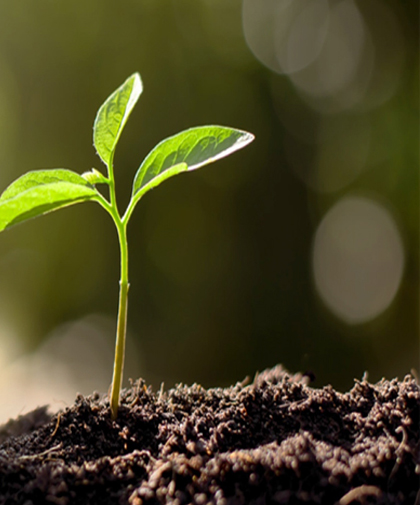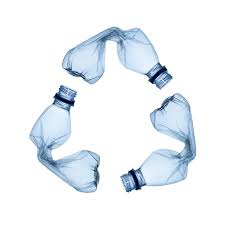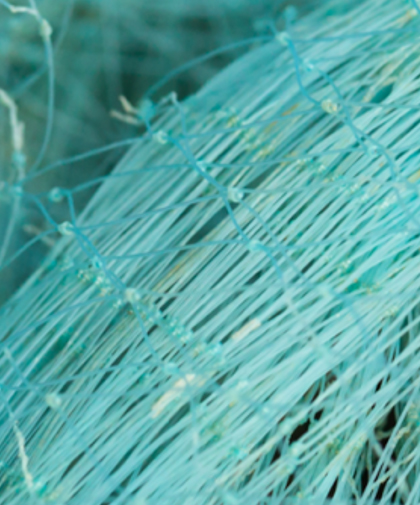We have the solution!
In the textile industry, it is still common practice today to treat fabrics with wet chemicals, some of which are harmful to the environment. This is true for the whole manufacturing range, from the yarns for T-shirts up to fabric for space suits designed to protect astronauts from radiation or cold. Another environmental issue is the wide scope of colourants and pigments for dyeing fibres and textiles, as well as the consumption of vast amounts of water in the production of textiles. The waste water primarily comes from the following four production phases:
* Textile pretreatment (washing, desizing, boiling, bleaching, mercerising, causticizing)
* Dyeing (continuous/discontinuous)
* Printing
* Finishing
In the course of finishing, the chemicals that are used in the manufacture of the fibres, yarns and fabrics and that are removed from the textile substrate during pre-treatment get into the waste water, as well as the chemicals used in the finishing processes.
With a plasma treatment, the surfaces of fibres and processed textiles can be modified in many different ways completely free of hazardous chemicals.
Hydrophobing via plasma treatment gives fabrics for functional garments hydrophobic properties. A functionalisation of the fibre by plasma causes high adhesion, which can strengthen or even completely replace the effect of silanization.






